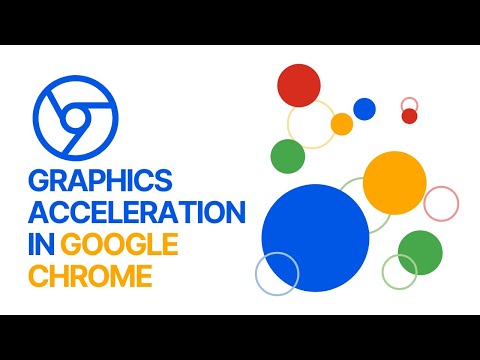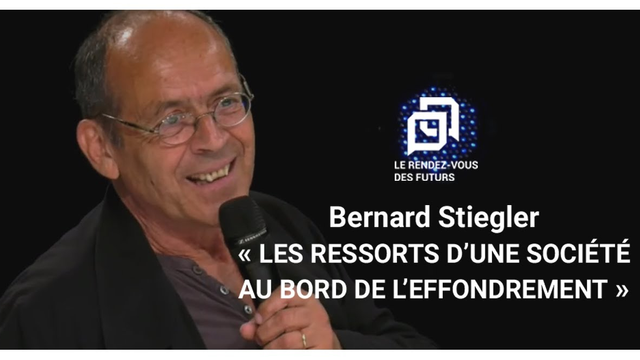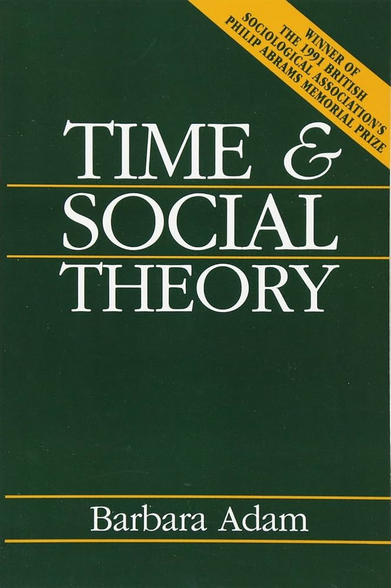


How To Enable or Disable Hardware Acceleration in Mozilla Firefox Web Browser? 🚀🧑💻
Guerre du temps : de la dromologie de Virilio à la politique du temps de Barbara Adam
Virilio l’avait montré : le pouvoir contemporain impose sa loi par la vitesse (dromologie).Barbara Adam complète : le temps, ressource invisible et inégalement distribuée, est devenu champ de bataille politique.#Temps #Virilio #BarbaraAdam #Accélération Parler de « guerre du temps », c’est montrer que la domination contemporaine ne se limite pas à contrôler des territoires ou des…
Cut red tape and unlock faster building approvals: A freeze on the National Construction Code.
"The advice also includes a proposal to use AI to cut environmental red tape and clear a backlog of 30,000 housing approvals being assessed under the Environment Protection and Biodiversity (EPBC) Act...The EPBC Act refers to all living things, including plants and animals, habitats and places that need protecting as "matters of national environmental significance"."
"Freezing changes to the NCC would boost housing approvals and speed up environmental assessments, according to the advice. The mainstream building industry does not like accountability."
>>
https://www.abc.net.au/news/2025-08-23/national-construction-code-albanese-government-treasury-freeze/105651478
#EPBCAct #biodiversity #PropertyLobby #sprawl #acceleration #growth #FastHousing #housing #environment #heritage #RegulatoryHairballs #regulation #AI #governance #climate #ClimateFitHomes #housing #HousingQuality

How To Turn ON or OFF Graphics Acceleration in Google Chrome Web Browser?
La technique n'est plus un intermédiaire incertain et incomplet entre l'homme et le milieu naturel. Ce dernier est totalement dominé et utilisé (dans la société occidentale). La technique constitue désormais une matrice qui se substitue à la nature.
– Jacques Ellul in “Recherche pour une Éthique dans une société technicienne,” Morale et Enseignement, 1983, page 7
#accélération #accélérer #agriculture #croissanceVerte #développementDurable #convergence #technocritique #capitalisme #technique #technologie #livre #citation #citations #Ellul #JacquesEllul #transitionVerte #capitalismeVert #Melle #réappropriation
Megatrend **#30** - The Acceleration Paradox: "As change accelerates exponentially, our challenge is to steer this incredible power toward a more humane and hopeful future, rather than increasing the destructive impacts we've seen so far!" - Futurist Jim Carroll
(Futurist Jim Carroll is writing a series on 30 Megatrends, which he first outlined in his book Dancing in the Rain: How Bold Leaders Grow Stronger in Stormy Times. The trends were shared in the book as a way of demonstrating that, despite any period of economic volatility, there is always long-term opportunity to be found. The book is now in print - learn more at dancing.jimcarroll.com)
We live in a time of incredible promise and yet one of terrible peril.
We are the most advanced species we have ever been, and yet, we are ultimately capable of not living up to the demands for success that history places upon us.
It seems that we are failing the test.
As someone who has built his career on. The issue of speed - how leaders can align to it, companies can adapt to it, and people can respond to it - I thought it fitting that the final megatrend in my series should have to do with this issue. Right now, accelerating technological change is reshaping our world, creating unprecedented progress and fueling significant societal instability and risk. The coming decade will intensify this trend, demanding we adapt to steer progress and manage systemic risks.
So what's it all about? The world is changing at an unprecedented pace, a phenomenon I call the Acceleration Paradox. We are witnessing not just incremental progress but an exponential surge in technological capabilities that presents both incredible opportunities and profound challenges. Put it another way, we're doing well at discovering new things, but aren't good at dealing with the reality of those things. Your PDF for the full report is here.
https://pdf.jimcarroll.com/Megatrend30-TheAccelerationParadox.pdf
We are, as they say, living in the best of times, but doing our best to make it the worst of times!
Let's start here by considering just a few of the things around us that keep moving faster, and then consider how it is all going off the rails as entire nations turn their back on the promise of tomorrow.
Read the full post.
---
Futurist Jim Carroll has focused on the issue of 'speed' in many of his books: The Future Belongs to Those Who Are Fast; Thing Big, Start Small, Scale Fast; and Ready, Set Done. Even his book, What I Learned from Frogs in Texas, featured a quirky story of what happens when you don't align yourself with the speed of change.
**#Acceleration** **#Paradox** **#Technology** **#Change** **#Innovation** **#Progress** **#Disruption** **#Future** **#Adaptation** **#Speed**
La société automatique de Bernard Stiegler : accélération, prolétarisation et désintégration
Avec Stiegler, Rosa et Virilio, la société automatique révèle le danger d’une accélération extrême : prolétarisation des savoirs, perte d’autonomie, et menace d’un « accident » planétaire déstructurant. Une alerte philosophique sur notre époque hyper-accélérée. #Stiegler #Rosa #Virilio #accélération #philosophie #postMarxisme #postPolis Bernard Stiegler analyse la société…

La société automatique de Bernard Stiegler : accélération, prolétarisation et désintégration
Avec Stiegler, Rosa et Virilio, la société automatique révèle le danger d’une accélération extrême : prolétarisation des savoirs, perte d’autonomie, et menace d’un « accident » planétaire déstructu…
Vivre toujours plus vite ? 🚅
#editions_nouvelle_cite #mathieuyon #acceleration #sortie #philosophie #poesie #maraicher #agriculture #paysan #durable #nature #enfant #book
Several dark comets – including the relatively large #2003RM – have been found in the near-Earth neighbourhood. These dark #comets ☄️ underwent bursts of #acceleration, enough to move off their orbits by hundreds of kilometres every few years. What lies behind their erratic movements remains a mystery. They do not show any signs of material being ejected from their surface https://www.bbc.com/future/article/20250807-a-japanese-spacecraft-is-racing-toward-a-mysterious-dark-comet-to-discover-the-secrets-it-holds



